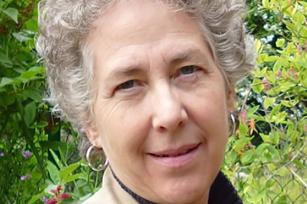
Breadcrumb
- Essential Partners
- Our Impact
- News and Notes
- Rethinking the Expert Mentality
Rethinking the Expert Mentality
I’m starting to notice trainings and presentations that offer mediators and negotiators insights into how the brain works. The idea is that this knowledge will help them be more successful in getting people to a positive result. The emphasis seems to be on improved techniques for practicing on the clients.
This strikes me as something like traditional Western medical practice—fast disappearing—where the all-knowing expert delivers a pill or treatment that makes patients better but no wiser about what got them into trouble or how they might prevent or mitigate another illness or injury. In this model, the expert is the “fixer” who maintains secret knowledge that she applies to an injured and suffering person, and voila! All fixed. No questions asked.
What’s replacing this approach in the medical field is the idea that professionals and patients are co-creators of health. Providers invite patients into active responsibility for their well-being. I’d like to see all the various practice streams in our field embrace the notion that we too are co-creators of health—of the healthy relationships, organizations, business environments, communities, and governance systems that make up a healthy society and a well-functioning democracy.
But wait! Isn’t this big picture thinking just too distracting?! We practitioners have concrete situations to deal with—and clients, communities and funders who expect us to create immediate, positive results. It’s natural to get focused on the goal of immediate progress (however we define that) and what we—the experts—can do to bring it about as quickly as we can.
I think it’s possible to set an additional intention for our practice (borrowing a phrase from my yoga teachers) that doesn’t compromise our other goals: we can provide participants with deeper understanding of the processes in which we engage them. What is happening and why?
Does this mean turning every mediation, dialogue, or facilitated meeting into a training? No, it doesn’t.
It may mean letting people in on some of the ideas behind what they’ve been asked to do: explaining what communications agreements achieve, and why certain questions invite reflection. It means seeking greater awareness by participants of their own abilities to contribute constructively—abilities that they perhaps didn’t see or value before, like an ability to listen, to speak so they’re heard, to manage a strong trigger, or to gain understanding of a radically different point of view.
When we resist the expert mentality, we can let people in on the choices under their control—and hope that by some small measure they’ll leave our processes better equipped to be bridge-builders, problem-solvers, and peacemakers.
